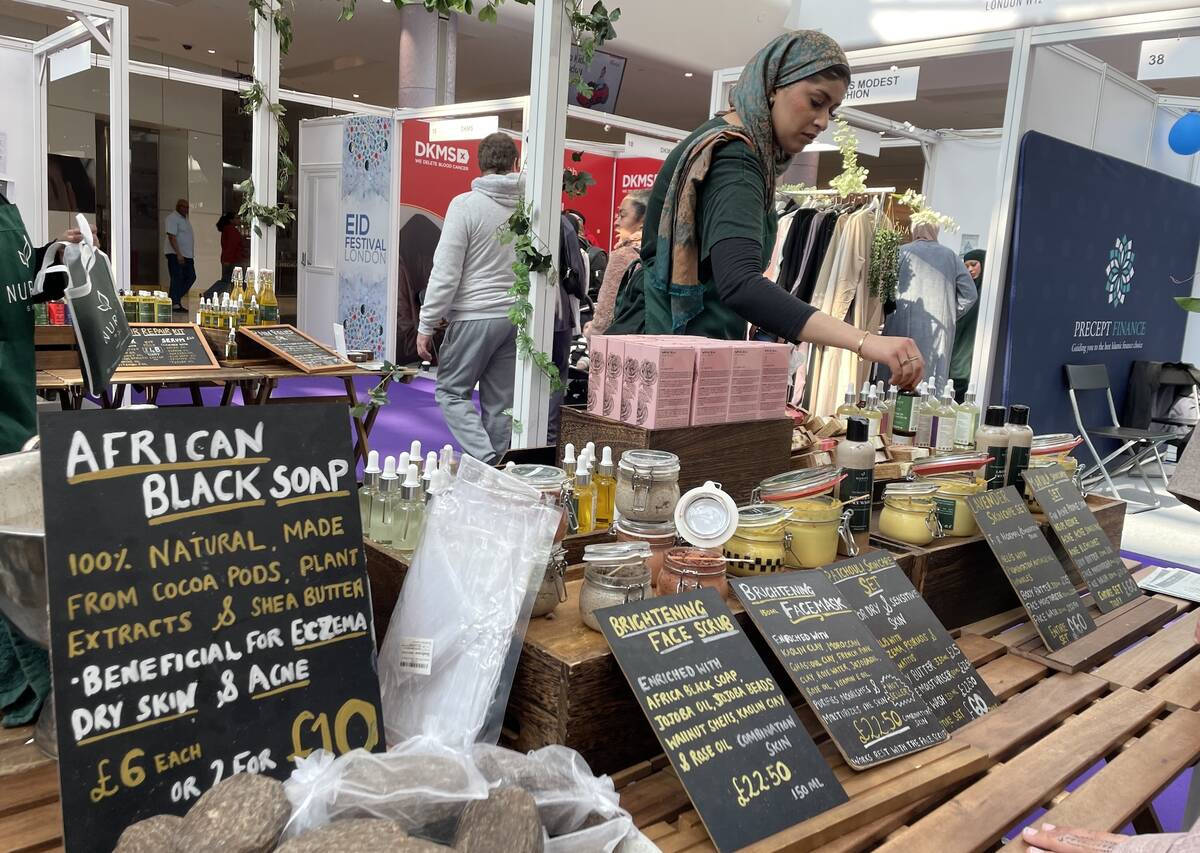MANILA: Student organizers on campuses in the Philippines are calling for a cultural and academic boycott of Israel and Zionists, as they joined the global movement to support Palestinians.
Pro-Palestinian student leaders and activists from various Philippine universities have been mobilizing their peers for months to raise awareness about Israel’s war on Gaza and organizing rallies in solidarity with Palestine.
Young Filipinos are drawing attention to the struggle for liberation in Palestine and its similarities with the Philippines’ history and experience of occupation and colonialism, as they hope to engage more people and inspire further collective action in their community.
“Filipino youths and students are aware that (the Palestinians’) struggle against settler colonialism is similar to that of colonial history in the Philippines, and that we perceive a common struggle with the Palestinians today, which is US imperialism,” student organizer Raphael Jourvy Gavino told Arab News.
Filipinos suffered more than 300 years of Spanish colonial rule, from 1565 to 1898, and nearly five decades of American colonization from 1898 to 1946. Despite independence, activists say that the Philippines to this day is still a “semi-colony” of the US, citing the Southeast Asian country’s dependence on the US in economy and military.
Gavino, who goes to the state-run Polytechnic University of the Philippines, is one of the conveners of the PUP for Palestine initiative. His school is known for its student activism and is the country’s largest college in terms of population.
“Thousands of PUP students participated virtually and voiced their support for Palestinians in their struggle against Israel’s genocide and apartheid, and called for justice,” he said.
“Showing solidarity and support for Palestinians is important as students and especially as Filipinos simply because we cannot just stand still while thousands of fellow students, children and women are slaughtered right before our eyes.”
Israel’s ground and air attacks in the past nine months have killed more than 39,000 Palestinian citizens in Gaza, according to official estimates, although a study published in the Lancet journal this month estimated that the actual death toll could be more than 186,000 victims.
Israeli forces have also destroyed schools, universities and hospitals throughout the Gaza Strip.
“No educational institutions in the country should be in close contact with a state that disregards the future of children by bombing their schools and universities,” Gavino added.
For students at Ateneo de Manila University, one of the country’s top colleges, showing support for Palestine is crucial.
“It is important for us, especially as students, to join the global call for liberation and the immediate stop to the genocide in pursuit of just and lasting peace because this is the world we will inherit,” A4P told Arab News in a statement.
The group said it was inspired by the courage and determination of students abroad, who have staged encampments at their respective universities and called for divestments from “agents of genocide.”
“We aim to pinpoint linkages of our own university, if there are such connections, and call for its immediate end,” A4P said.
“We would also like to call for a cultural and academic boycott by our universities of Israel and Zionist sources and instead uphold and support Palestinian academic and cultural institutions, and advocate for just and lasting peace by unequivocal support for the cause of national liberation.”
The Ateneo group, which has more than 5,000 followers on Facebook, also condemned the Philippine government for funneling “billions of pesos in arms deals” to Israeli companies, including Elbit Systems, Rafael Advance Defense Systems and Israel Shipyards, as well as the Israeli government.
“These weapons of destruction are likewise used to enact violence against indigenous communities in the Philippines, and extreme acts of state repression against its own citizens,” A4P said.
At the Far Eastern University in Manila, student leaders in June founded the Tamaraws for Palestine initiative, which has so far organized rallies, fundraisers and held educational sessions and discussions on campus.
“As Filipinos, the terrorism that is happening in Palestine is not new to us as we also experienced being colonized and threatened by multiple nations, such as Spain, America, and Japan. Even now, by China because of their aggressive actions in the (South China Sea),” Kyla Mae Alzado, Tamaraws for Palestine vice chairperson, told Arab News.
“We are still oppressed by other nations and are facing being threatened in our own home. Palestine is currently in this situation and as a nation that understands and is presently in this setting, we must stand in solidarity with them.”
One of their main focuses is to raise awareness for the larger Philippine society on the violence that is happening in Gaza.
“What we are hoping to achieve with our organization is to expand and gain more collective action, which could amplify the voices of the oppressed,” Alzado said.
“Most importantly, we hope that our calls for the rights of Palestinians can help in supporting their liberation.”

































